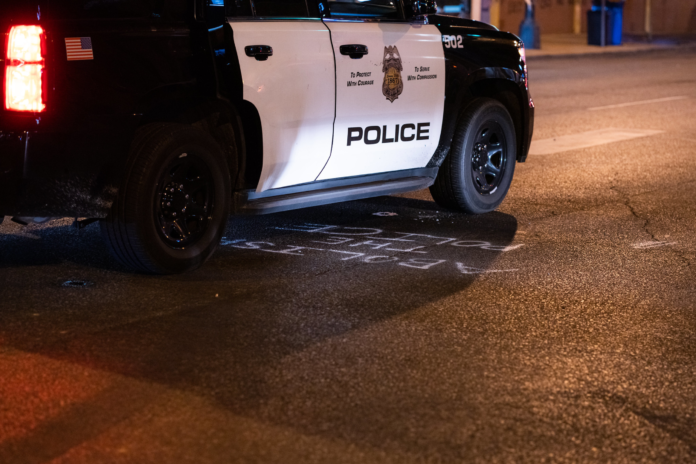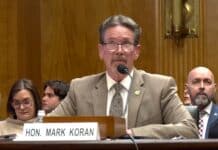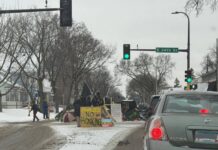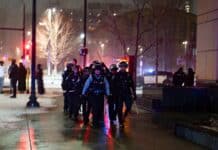
Reuters has found that Minneapolis police officers significantly cut back on traffic stops and initiated far fewer dispatches following the death of George Floyd last year.
The report says the Minneapolis Police Department adopted “abrupt changes” that “amount to a hands-off approach to everyday lawbreaking” very shortly after the May 2020 incident.
And they did this “of their own [accord].”
“Almost immediately after Floyd’s death, police officers all but stopped making traffic stops,” reads the Reuters report. “They approached fewer people they considered suspicious and noticed fewer people who were intoxicated, fighting or involved with drugs, records show.”
“In the year after Floyd’s death on May 25, 2020, the number of people approached on the street by officers who considered them suspicious dropped by 76%,” the report continues. “Officers stopped 85% fewer cars for traffic violations. As they stopped fewer people, they found and seized fewer illegal guns.”
Reuters also said police have checked on businesses 71% less than usual, dealt with 67% fewer “disturbances,” and decreased community engagement meetings by 91%.
More data show that although police dispatches initiated by 911 calls have not changed much year to year, the Minneapolis PD has initiated far fewer dispatches since May 2020 than it did the year prior.
It is estimated that as much as 25% of the Minneapolis police force has resigned, retired, or been placed on medical leave following Floyd’s death and the subsequent riots that caused an estimated $550 million in damage. Twenty-five percent is significant, but not nearly as steep as the department’s decline in stops and checks.
Given all this, Reuters is able to conclude that Minneapolis police officers have been noticeably less aggressive in their policing. Staffing shortages and sharp increases in violent crime do play a significant role in the city’s decreasing police presence, but they do not appear to tell the whole story.
“There isn’t a huge appetite for aggressive police work out there, and the risk/reward, certainly, we’re there and we’re sworn to protect and serve, but you also have to protect yourself and your family,” Scott Gerlicher, a retired Minneapolis police commander, told Reuters. “Nobody in the job or working on the job can blame those officers for being less aggressive.”










